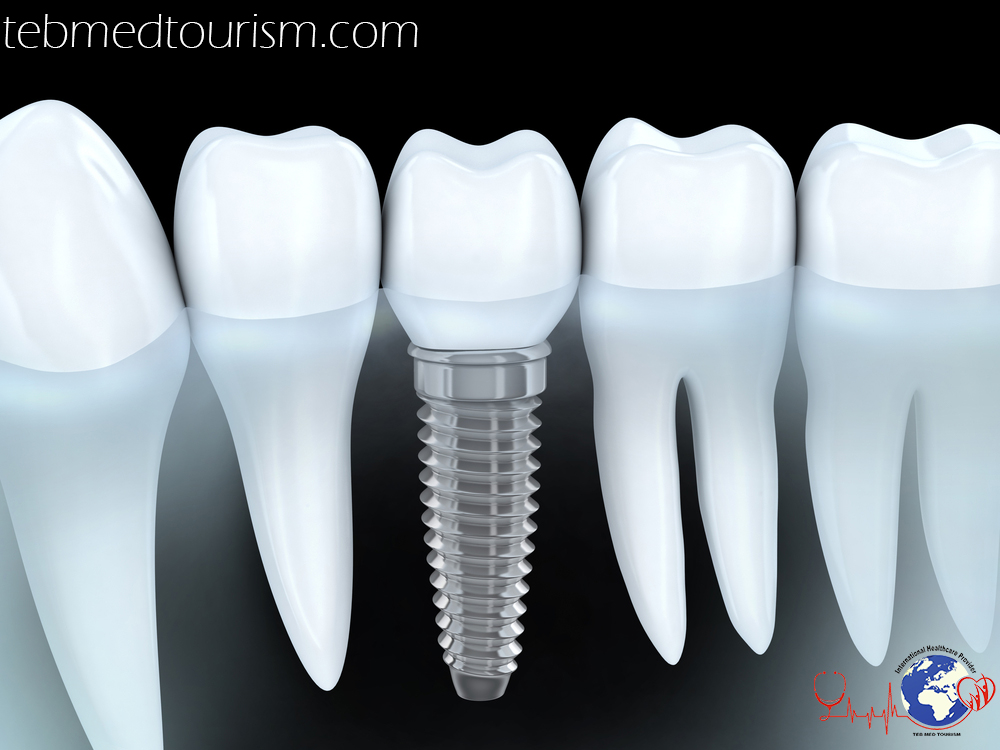

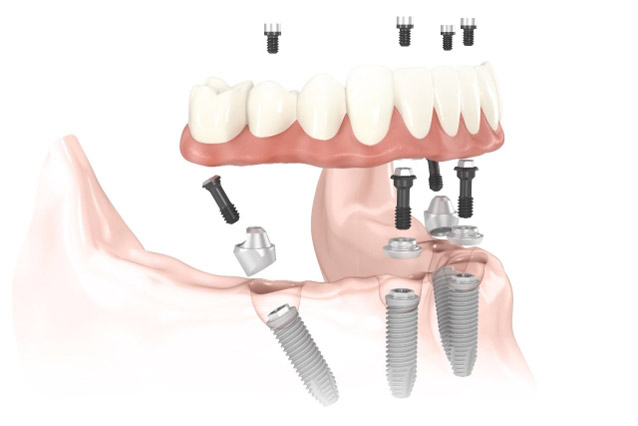
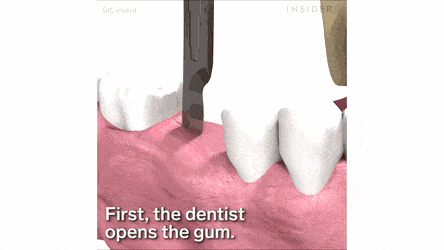
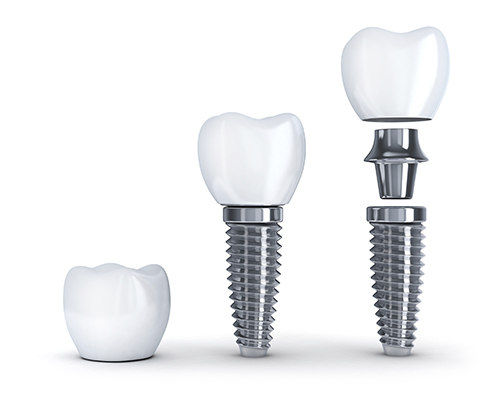
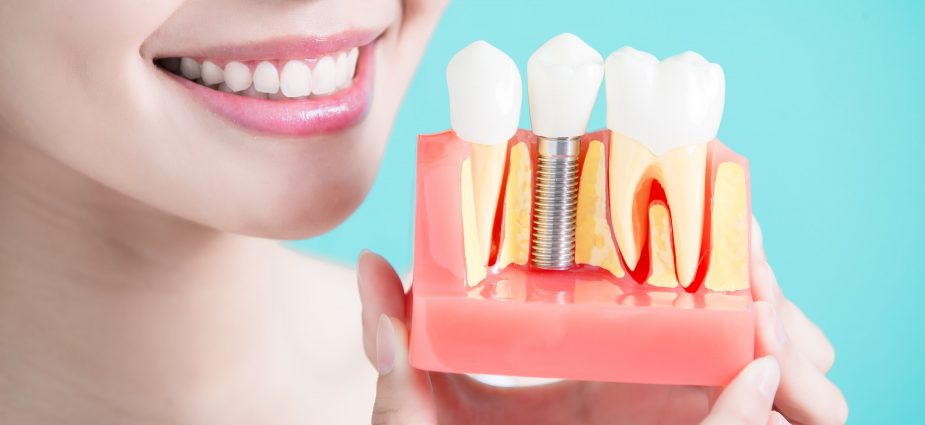

Iran ranks first in tooth implant surgery in the Middle East and can compete with European countries in the field, said Dr. Ruhollah Norouzi, scientific secretary of the 1st International Tooth Implantology Conference (ITIC) held on Friday at Tehran’s Olympics Hotel.
He said thanks to the development of tooth implant techniques in Iran, the International Implantology Committee (IIM) which has 16,000 members, chose Iran to head the international scientific group for 2016, IRNA reported.

call us: +98(21) 88 177 537 and +98(21) 88 51 44 76
Visit us: 1st. Floor / No. 270 /Between Bagh & Azadi Alleyways / North Sohrevardi st. / Tehran / Iran
Mail us: [email protected]

Comments & Questions